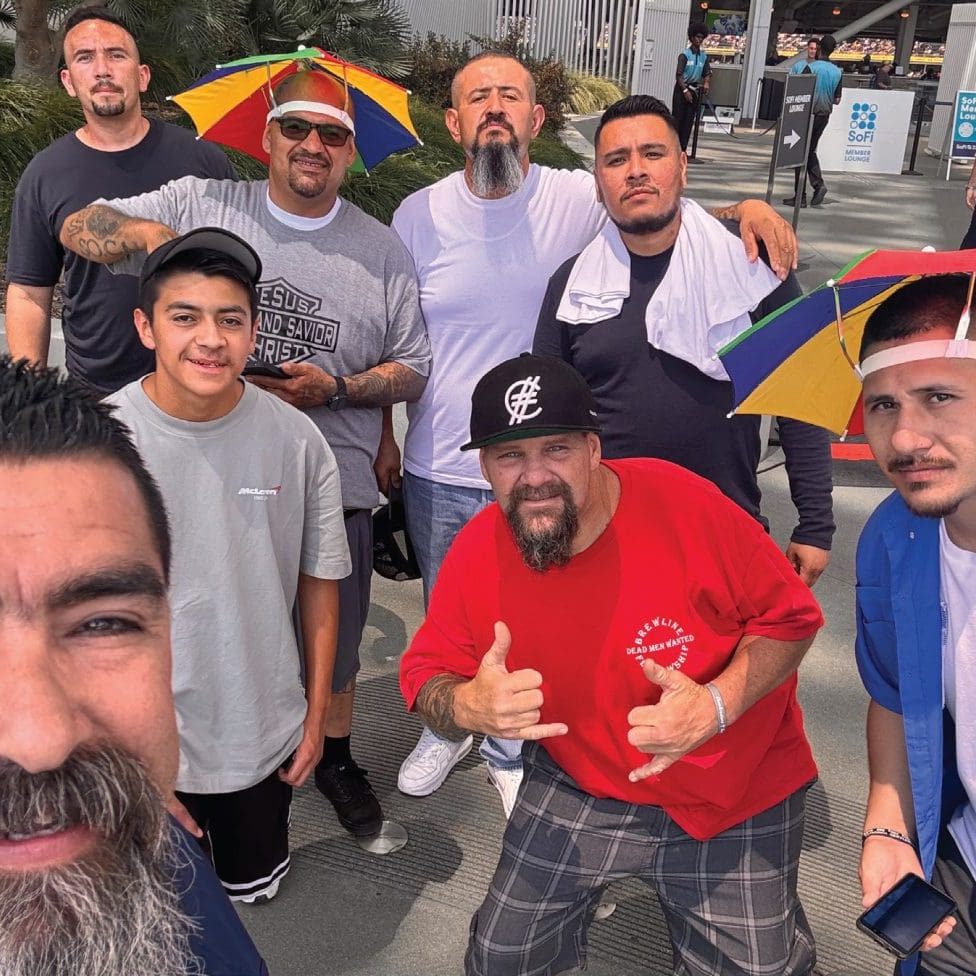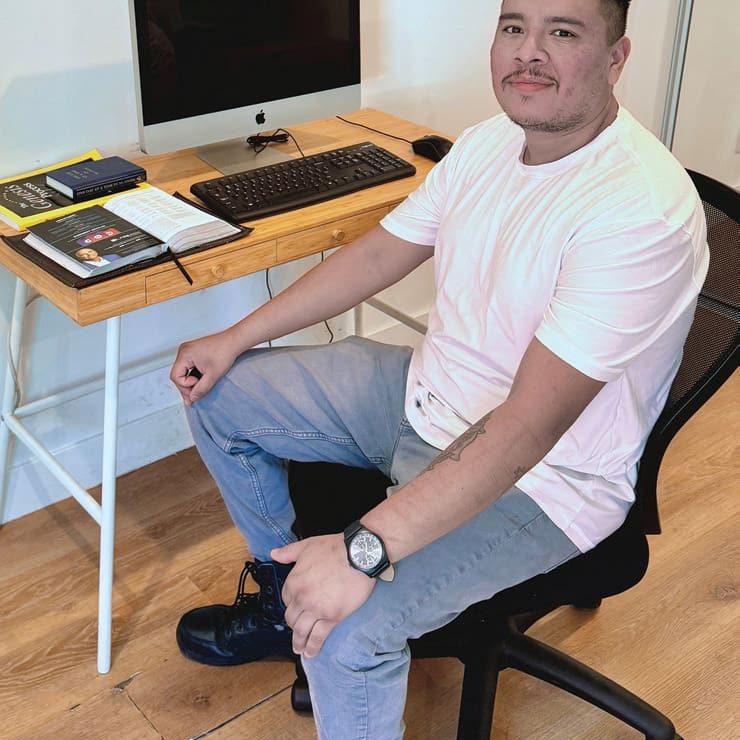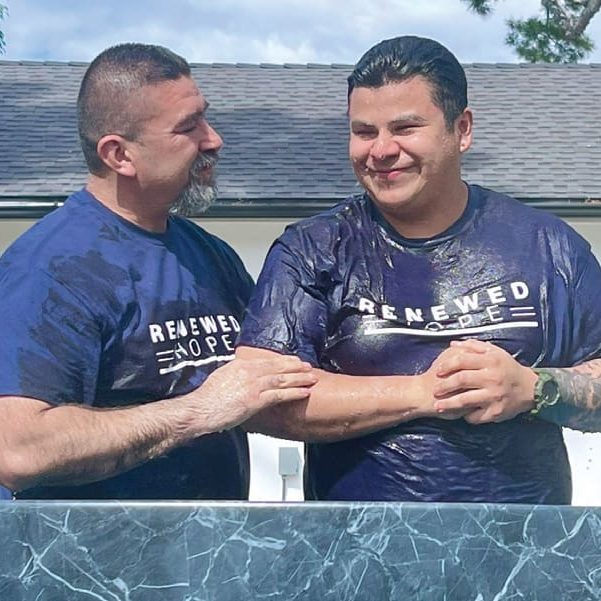Stories that Inspire.
Victories to Celebrate.
Marshelle and her family begin to feel hopeful again
Ten years ago, Marshelle and husband Doug were both working, raising their young daughter and two sons, and renting an apartment in the Valley. But when Marshelle, who has a degree in child development, started noticing her sons weren’t reaching some milestones, she became concerned. “They don’t use the ‘autistic’ label that young, but we found out they were going to need all these therapies—up to 30 hours a week.
“My husband and I made the very difficult choice that I at least stay home at the beginning to try to figure out what all this was. I went from being a total workaholic to a stay-at-home mom. We went from two incomes to one. We were doing OK. We had enough to pay the bills as long as everything went right.”
And for a while, it did. But after her boys’ disability check was short due to a social security office error, the family hit a snag. “It was in the summer, which is the worst possible time,” Marshelle said. “My husband is a special education assistant for Los Angeles Unified School District, and in the summer months he only gets paid for two weeks. We went to the owner—we even had a letter from the social security office—and asked if we could pay him late.”
Marshelle and Doug only paid $1,100 due to rent control. “It was worth so much more, so I wasn’t optimistic and I was right. He said no,” she said. Doug was also hit with an income mistake on his social security reporting. “It was literally raining chaos in our financial lives.”
The family was suddenly homeless and living out of a hotel. When Marshelle heard about the mission, she made a move. “I did something which I never do—I decided to be bold and I just came in one day,” she said. “I’m not very assertive. I’m a shy person. I just thought, ‘This is my job now.’ We found out we were able to come here a week after we ran out of money. Thank God. It was one hard week, but it was a blessing.”
Marshelle, Doug, and their two boys, now 10 and 12, arrived in April. Their 15-year-old daughter is staying with her grandmother. “The kids have really adjusted,” Marshelle said. “One of my sons is considered a limited communicator. He’s not easily understood and he doesn’t do well with loud noises or groups. My older child has more social anxiety. And they both have sleep disturbances.
“Basically, every day my panic is that autism will overwhelm this place. But the staff has been so great, and so have the other kids. Around dinner time recently, a bunch of kids were rushing in from outside. One of them in the front of the pack stopped and said, ‘Guys, we have to be quiet, Austin’s in here.’ The boys are comfortable, therefore I’m learning to try to be comfortable.”
Marshelle said interacting with others in the women’s group and parenting classes has helped. “I realize now the choices I made as a mom were the right choices,” Marshelle said. “God saw us through those years. I would not change it. I know so many moms (with autistic children) that didn’t have the time for therapy because they were working. To have that gift, to be able to allow them the full 32 hours a week in therapy, it was vital. But I can’t help but think sometimes, ‘If you hadn’t stayed home, you could have stayed working. We would’ve had stable housing and vacations and cars.’ I have to keep trying to balance the guilt. There’s a lot of blame. There’s a lot of, ‘How did you let this happen to yourself?’ When it’s quiet, those thoughts come in. You start to question yourself.”
Marshelle said she’s cried a lot since entering the mission. “I’ve been trying to tread water, and to get here and have those days where you realize you aren’t drowning anymore, it cuts you to the core. You don’t realize how exhausted emotionally you are. This had been a place of huge rest and reflection.”
The boys are getting more help in school, and Marshelle recently went back to work part time. “I’m trying to feel secure enough to hope for better. There is such a comfort here. You feel accepted. And, having gone through a trauma, it’s a nice foundation from which to rebuild. It’s the feeling of ‘You’re safe here, you’re seen here. We’re going to give you the resources and some strategies so that you feel you can move out of the dark place.’”
Be Inspired
Be Transformed
Stay connected with the good work the Mission is doing, and learn more about the people we help.



